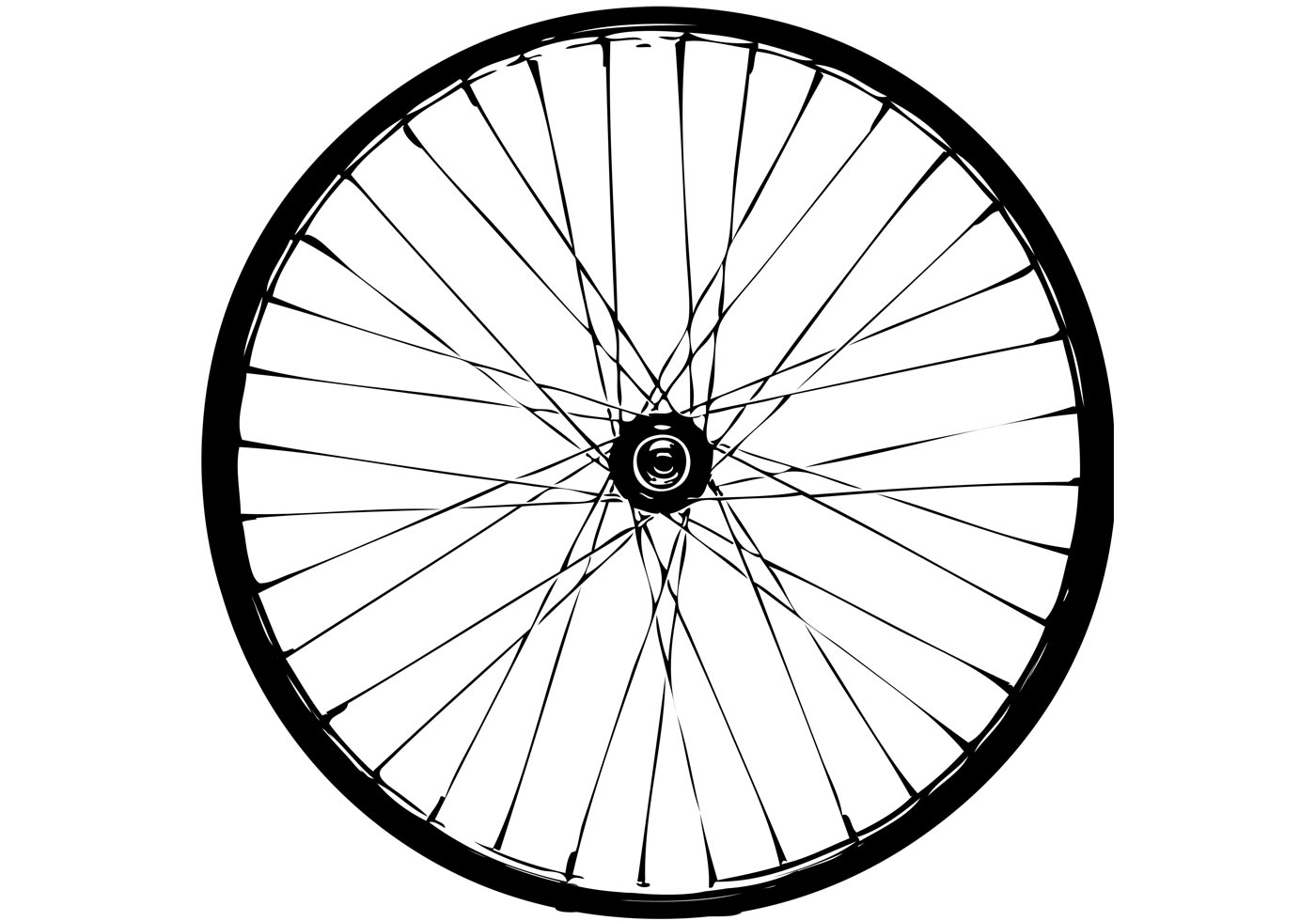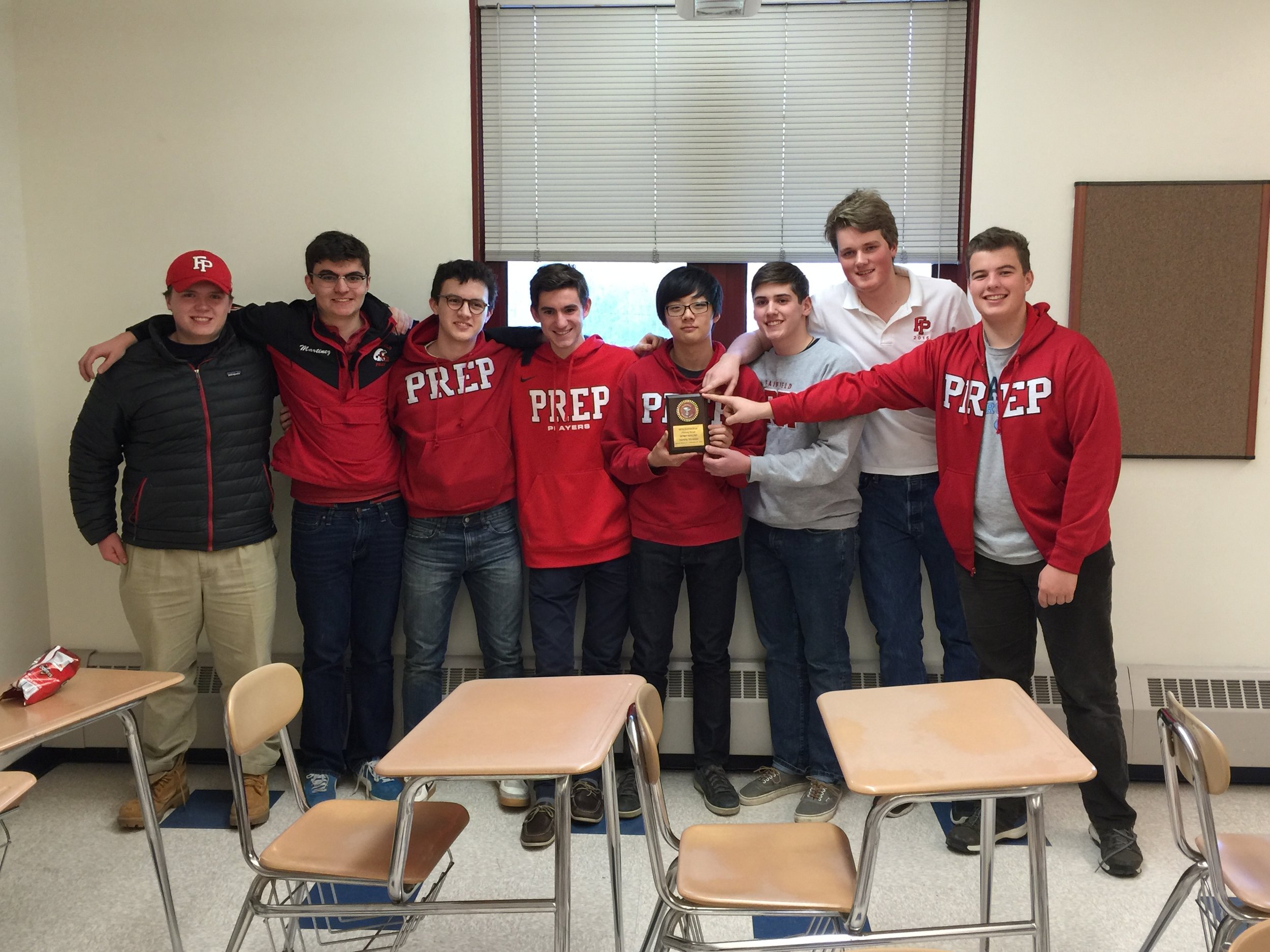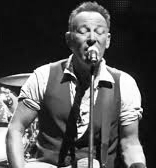The Untold Tale of a Great Arctic Adventure
Fifty years ago today, one of the greatest Arctic adventures in history occurred. On Dec. 28, 1966, the six-strong Sheffer party departed our small two-family Union Street home in Hudson, N.Y., and headed north to the tundra of, well, Hudson, N.Y.
20 Joslen Place in its early days.
We were moving to a new two-story home and we were very proud to be "movin' on up" to the suburbs, as my brother Ken says, recalling "the pure excitement I felt going to sleep in that new mansion."
In reality it was a modest home but it felt like a mansion to my brother, sisters and me. I was six; Valerie, was nine; Ken had just turned eight (he is a Christmas baby); and Paula was one. Imagine being a young couple with four kids -- as my parents were -- moving into a new home between Christmas and New Year's Day during a brutal cold snap.
Our parents had spent their whole lives in downtown Hudson and even though we were moving just a mile northeast to a former apple orchard just inside the city line, they were "leaving their parents behind" -- a big deal back then.
Few things went right as the move approached. Mostly, it got really cold and my parents debated whether to do the move as planned on Dec. 28. My mother was determined to make it happen and so we celebrated Christmas and Ken's birthday in our old home and packed at the same time. Mom had the movers load the Christmas tree -- decorations and all -- onto the moving truck and place it in our new home. We were more worried about whether our gifts were being moved too, and were relieved when they showed up at 20 Joslen Place.
Me and my brother Ken on the front porch of 428 Union St.
My siblings and I were excited by the move but we also loved our Union Street home. We would walk to the Post Office on the corner and run through it like it was a playground. Across the street is the Columbia County Courthouse and its park, which also provided innumerable opportunities for fun and trouble.
My friend, Betsy, lived across the street from the Post Office in a giant three-story home that had a really cool attic where we played. I loved going there until Betsy's hamster bit me on my thumb, drawing blood. I showed Betsy how tough I was by sobbing so hard I couldn't breathe.
My courage also failed me when the city's giant snowblower came down Union Street to consume the snow piled high in front of our house by plows. That's because I was told that a boy had gotten stuck once in snowbanks and was eaten alive by the snowblower's spinning blades.
Behind our house was Cherry Alley, which was our pathway to Warren Street, the city's main street. The alley also was a place to be feared, at least in a child's mind, because that is where "Hambone" roamed. He was a "hobo" in 1960s terms, but I remember thinking he couldn't be that bad because my father would leave his used clothes in the alley for Hambone and we would later see Hambone in Dad's clothes.
Our newly constructed home was on a quarter-acre on a dead-end street, Joslen Place. By "constructed" I mean half-finished when we moved in. Weather records say the low that day was nine degrees but I remember it feeling like absolute zero -- inside the house.
The "mansion" being built.
When we arrived something clearly was not right with the windows. My mother put plastic over them to block the cold and over the front door she tacked up a wool blanket, which fluttered when the wind came calling. The heating system was petulantly unreliable and banged loudly when air got in the pipes, which was all the time.
Hudson got six inches of snow the day after we moved in. We were told to help shovel the driveway ("won't the city plows do that?") and being inexperienced at snow removal, either my brother or I lost a boot in a snowbank and it was later taken away by the city plow, never to be seen again.
When the thaw came and people emerged from their homes, we learned that Joslen Place was as much a kids' paradise as Union Street. Across the street were two houses with five kids each, the Neros and Wursters. In fact, there must have been 25 kids on the street and the older ones called themselves the "Joslen Mafia." Hudson High School (later the Hudson Middle School) was a quarter mile from our house, with football and baseball fields, a running track and tennis courts. The school's buildings and grounds were ten times better than the Post Office for exploring and trouble.
Our parents passed away in 2007 and we sold "20 J," as we called our home. Every time I ride past it at this time of year, I remember the arctic expedition led 50 years ago by Red and Rachel Sheffer that was just as daring as anything taken on by Shackleton or Byrd.


































